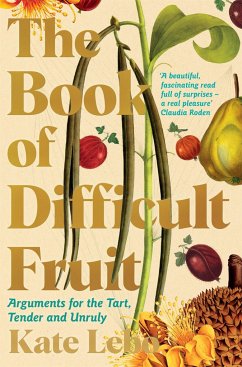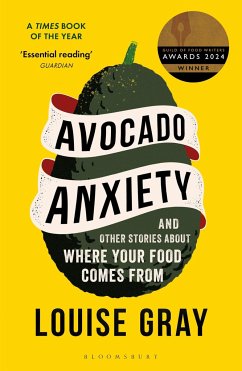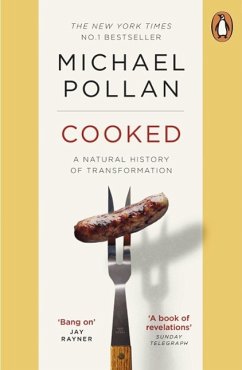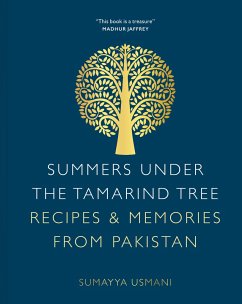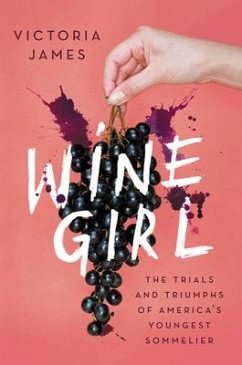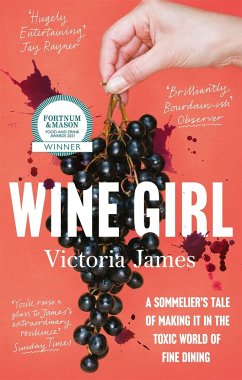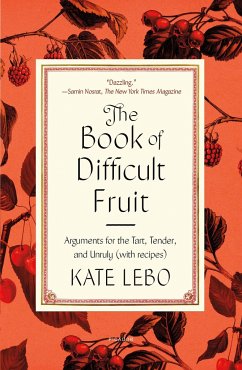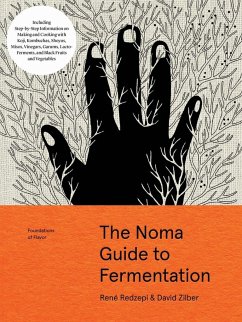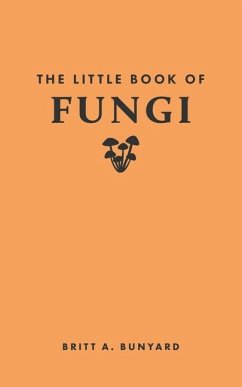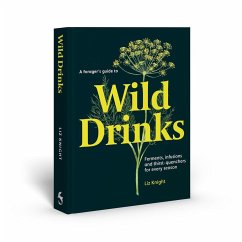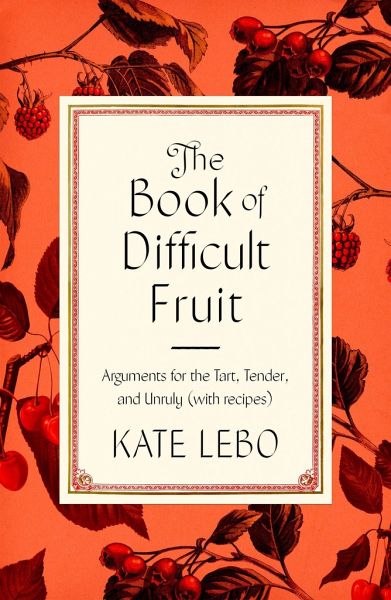
The Book of Difficult Fruit
Arguments for the Tart, Tender, and Unruly (with recipes)
Versandkostenfrei!
Versandfertig in 2-4 Wochen
24,99 €
inkl. MwSt.
Weitere Ausgaben:

PAYBACK Punkte
12 °P sammeln!
Named a Best Book of the Year by The Atlantic, New York magazine and NPR "Dazzling." -Samin Nosrat, The New York Times Magazine Inspired by twenty-six fruits, the essayist, poet, and pie lady Kate Lebo expertly blends natural, culinary, medical, and personal history. A is for aronia, berry member of the apple family, clothes-stainer, superfruit with reputed healing power. D is for durian, endowed with a dramatic rind and a shifting odor-peaches, old garlic. M is for medlar, name-checked by Shakespeare for its crude shape, beloved by gardeners for its flowers. Q is for quince, which, when fresh...
Named a Best Book of the Year by The Atlantic, New York magazine and NPR "Dazzling." -Samin Nosrat, The New York Times Magazine Inspired by twenty-six fruits, the essayist, poet, and pie lady Kate Lebo expertly blends natural, culinary, medical, and personal history. A is for aronia, berry member of the apple family, clothes-stainer, superfruit with reputed healing power. D is for durian, endowed with a dramatic rind and a shifting odor-peaches, old garlic. M is for medlar, name-checked by Shakespeare for its crude shape, beloved by gardeners for its flowers. Q is for quince, which, when fresh, gives off the scent of "roses and citrus and rich women's perfume," but if eaten raw is so astringent it wicks the juice from one's mouth. In a work of unique invention, these and other difficult fruits serve as the central ingredients of twenty-six lyrical essays (with recipes). What makes a fruit difficult? Its cultivation, its harvest, its preparation, the brevity of its moment for ripeness, its tendency toward rot or poison, the way it might overrun your garden. Here, these fruits will take you on unexpected turns and give sideways insights into relationships, self-care, land stewardship, medical and botanical history, and so much more. What if the primary way you show love is through baking, but your partner suffers from celiac disease? Why leave in the pits for Willa Cather's plum jam? How can we rely on bodies as fragile as the fruits that nourish them? Kate Lebo's unquenchable curiosity promises adventure: intimate, sensuous, ranging, bitter, challenging, rotten, ripe. After reading The Book of Difficult Fruit, you will never think of sweetness the same way again.
Dieser Artikel kann nur an eine deutsche Lieferadresse ausgeliefert werden.




